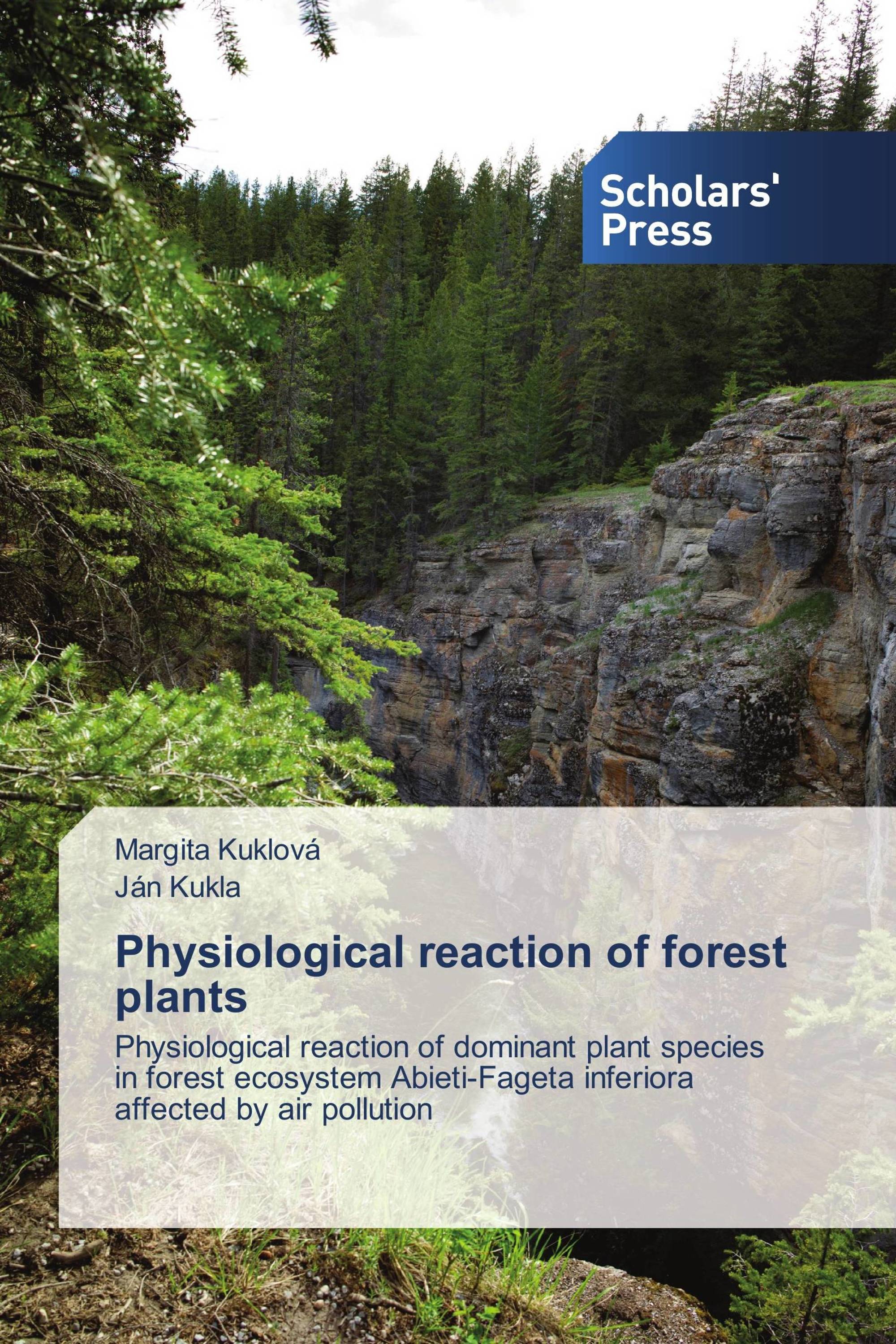Physiological reaction of forest plants
Physiological reaction of dominant plant species in forest ecosystem Abieti-Fageta inferiora affected by air pollution
€ 29,90
Physiological reaction of Fagus sylvatica, Rubus idaeus, Dryopteris filix-mas, and Vaccinium myrtillus species was studied in two segments of group of type of geobiocoens Abieti-Fageta inferiora influenced by air pollution. At present, spruce stands at the age of 80-100 and 10-15 years with small amount of naturally regenerated beech and fir in undergrowth are grown in mentioned segments. The content of Ca, Mg, K, Na, C and N in topsoil of Dystric Cambisols depended on the age of spruce stands. C/N ratios were lower and contents of energy higher in the mature stand. The highest content of C was in blueberries, of N in raspberries. The assimilatory organs contained more S in case of mature stand. As a rule the solar radiation, drought, and air pollutants in the young stand lowered the rate of phytotosynthesis and transpiration of plants. The stomatal conductance was lowered in case of blueberry and beech leaves, and the potential of photochemical efficiency (Fv/Fm) was decreased under physiological limit in case of beech leaves.
Book Details: |
|
|
ISBN-13: |
978-3-639-51707-1 |
|
ISBN-10: |
3639517075 |
|
EAN: |
9783639517071 |
|
Book language: |
English |
|
By (author) : |
Margita Kuklová |
|
Number of pages: |
56 |
|
Published on: |
2015-03-26 |
|
Category: |
Ecology |
